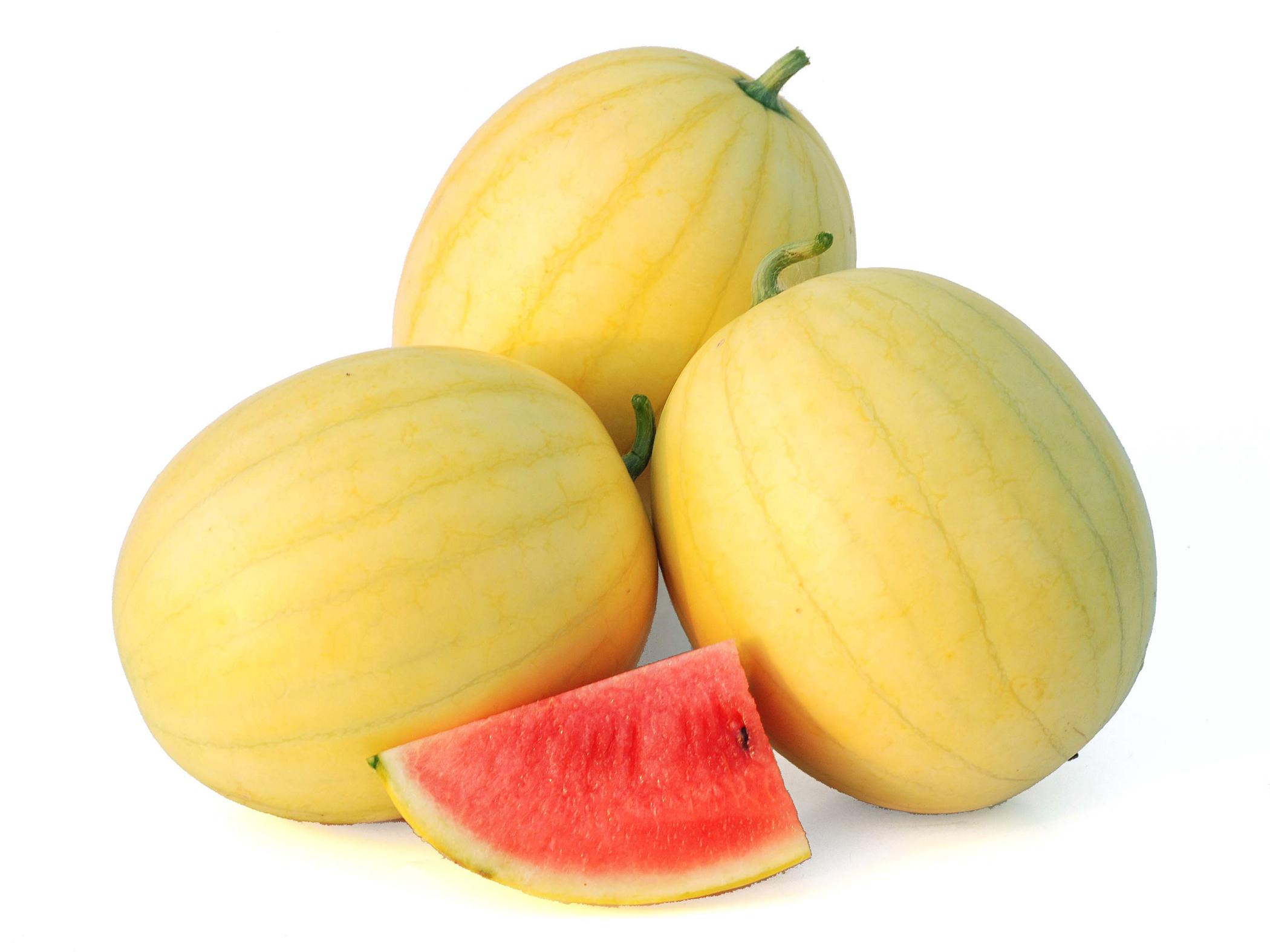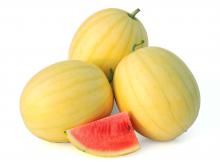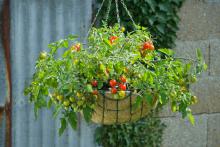Information Possibly Outdated
The information presented on this page was originally released on August 9, 2012. It may not be outdated, but please search our site for more current information. If you plan to quote or reference this information in a publication, please check with the Extension specialist or author before proceeding.
Variety tests bring best plants to market
MISSISSIPPI STATE – When a new plant becomes an overnight sensation in gardening circles, plant lovers who wonder how a previously unknown variety can end up with star status can turn to a Mississippi State University professor for the answer.
Rick Snyder, a vegetable specialist with the Mississippi State University Extension Service and Mississippi Agricultural and Forestry Experiment Station, grows a garden of test vegetables as part of the All-America Selections program.
“Plant breeders from all over the world submit seeds to the All-America Selections organization in hopes of winning this special designation,” Snyder said. “Some of the breeders are at universities, some are with private companies and all of them want to win this award, because it identifies new varieties with superior garden performance.”
Snyder said a selections committee in Chicago identifies which varieties currently on the market most resemble the entry. Then they send seeds of the test variety and three comparable varieties to independent judges all over North America. The garden at the Truck Crops Experiment Station in Crystal Springs is one of those test sites.
“Judges grow these seeds and do numerical ratings in a number of categories. They send their scores to an accounting firm, which gathers all of the data and performs statistical analysis. From that information, the selections committee determines award winners,” he said.
Judges are looking for plants that are not just excellent, but also better than varieties currently available.
“Even if a variety is excellent, if it’s not better than others already out there, it gets a zero,” Snyder said. “There are stringent rules, and exceptionally better is the goal.”
To win the All-America Selections stamp of approval, a plant must perform better than similar varieties in categories such as disease or pest tolerance, unusual flavors or colors, earliness to bloom or harvest, length of harvest period, plant architecture, yield or overall performance. For the past decade, an entry has been required to demonstrate superiority in at least two categories to be considered for an award.
The number of entries varies from year to year, so the size of Snyder’s trial garden is different every year.
“This year I have a basil, a bean, two different broccoli entries, one celery, one cucumber, two eggplants, a super habanero pepper, three other types of peppers, one pumpkin, one winter squash, six tomatoes, one zucchini and a snap pea,” Snyder said. “I’m going to have to find someone else to taste the super habanero pepper!”
Though Snyder tests only vegetables, other All-America Selections trials categories include annual flowers, bedding plants and roses.
In addition to unusual vegetables, such as purple carrots, white eggplant and a watermelon with a yellow rind and red flesh, in recent years the judges selected pumpkins ideal for children because of their sturdy stems and easy-to-decorate surfaces.
Oktibbeha County Master Gardener Ed Williams said he pays attention to special designations, such as the All-America Selections and the Mississippi Medallion winners.
“I use this information as another aid in making selections and looking for improved varieties for my garden -- plants that will produce better and make my gardening experience more pleasant,” Williams said. “I feel like university-based research and the process used to make the selections gives gardeners a more objective look at the variety rather than, for instance, a seed company promoting its own product.”
Williams valued the unbiased nature of the selection process.
“The judges compare the varieties to what is already on the market, and they don’t have a vested interest in whether the product sells or not. Is it better? Will it help gardeners? They look at problems growers have had and try to make the selections better, whether it’s natural resistance, improved fruit quality, or adaptability to different growing conditions,” he said.
To learn more about the All-America Selections, visit http://www.all-americaselections.org.









